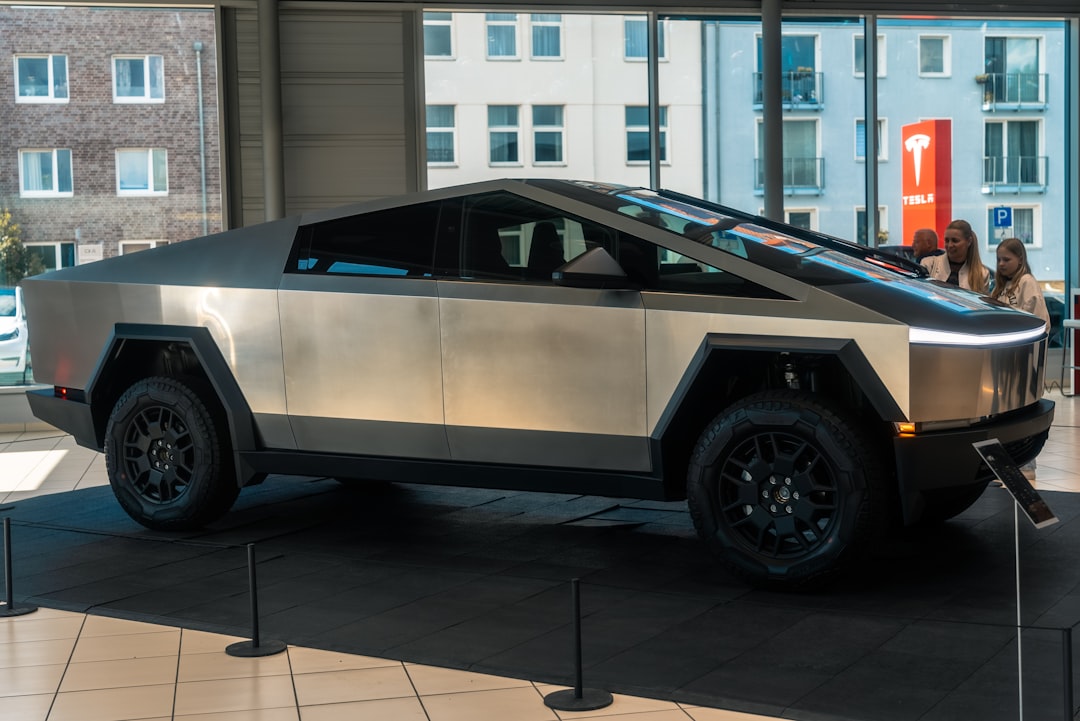The Rise and Fall of Tesla's Cybertruck
How Tesla's Bold Vision Turned into a Bumpy Road

The Vision Behind the Cybertruck
When Elon Musk unveiled the Cybertruck in 2019, it was nothing short of revolutionary. With its angular design, bulletproof exoskeleton, and promises of unmatched performance, the Cybertruck was set to redefine the electric vehicle market. Tesla's ambition was clear: to create a vehicle that would not only stand out aesthetically but also set new benchmarks for utility and sustainability. The announcement generated immense hype, with pre-orders soaring and anticipation reaching fever pitch. Musk's vision was to create a truck that was as durable as a tank and as fast as a sports car, capturing the imagination of both tech enthusiasts and traditional truck buyers.
Production Delays and Design Challenges
Despite the initial excitement, the journey for the Cybertruck has been fraught with challenges. Production delays became a recurring theme, with the launch date being pushed back repeatedly. The unique design, while innovative, posed significant manufacturing challenges. The stainless-steel exoskeleton, a key feature of the truck, required entirely new production processes, leading to unforeseen complications. Moreover, the Cybertruck's unconventional aesthetics were polarizing, with some potential buyers loving the futuristic look, while others were put off by its radical departure from traditional truck designs.
Market Competition and Consumer Expectations
As Tesla grappled with internal challenges, the external landscape was also evolving. The electric vehicle market became increasingly competitive, with established automakers like Ford and Rivian launching their own electric trucks. These competitors offered more traditional designs, appealing to the broader truck market. Consumer expectations began to shift, with buyers prioritizing reliability and immediate availability over futuristic features. Tesla's delays allowed competitors to gain a foothold, capturing market share that might have otherwise been Tesla's.
Financial Implications for Tesla
The setbacks with the Cybertruck have not only impacted Tesla's market position but have also had financial repercussions. The delays and production challenges have led to increased costs, affecting Tesla's profitability. Investors, who were initially optimistic about the Cybertruck's potential, have become wary as timelines extended and challenges persisted. Tesla's stock, which had been buoyed by the anticipation of the Cybertruck, faced volatility as the company's ability to deliver on its promises came into question.
What Lies Ahead for the Cybertruck
Despite the hurdles, Tesla remains committed to the Cybertruck. The company has been working tirelessly to overcome production issues and aims to begin deliveries in the near future. Elon Musk continues to express confidence in the truck's potential, emphasizing its unique features and the long-term vision for Tesla's role in the automotive industry. As the landscape continues to shift, it remains to be seen whether the Cybertruck can recover from its rocky start and fulfill its promise as a game-changer in the electric vehicle market.





